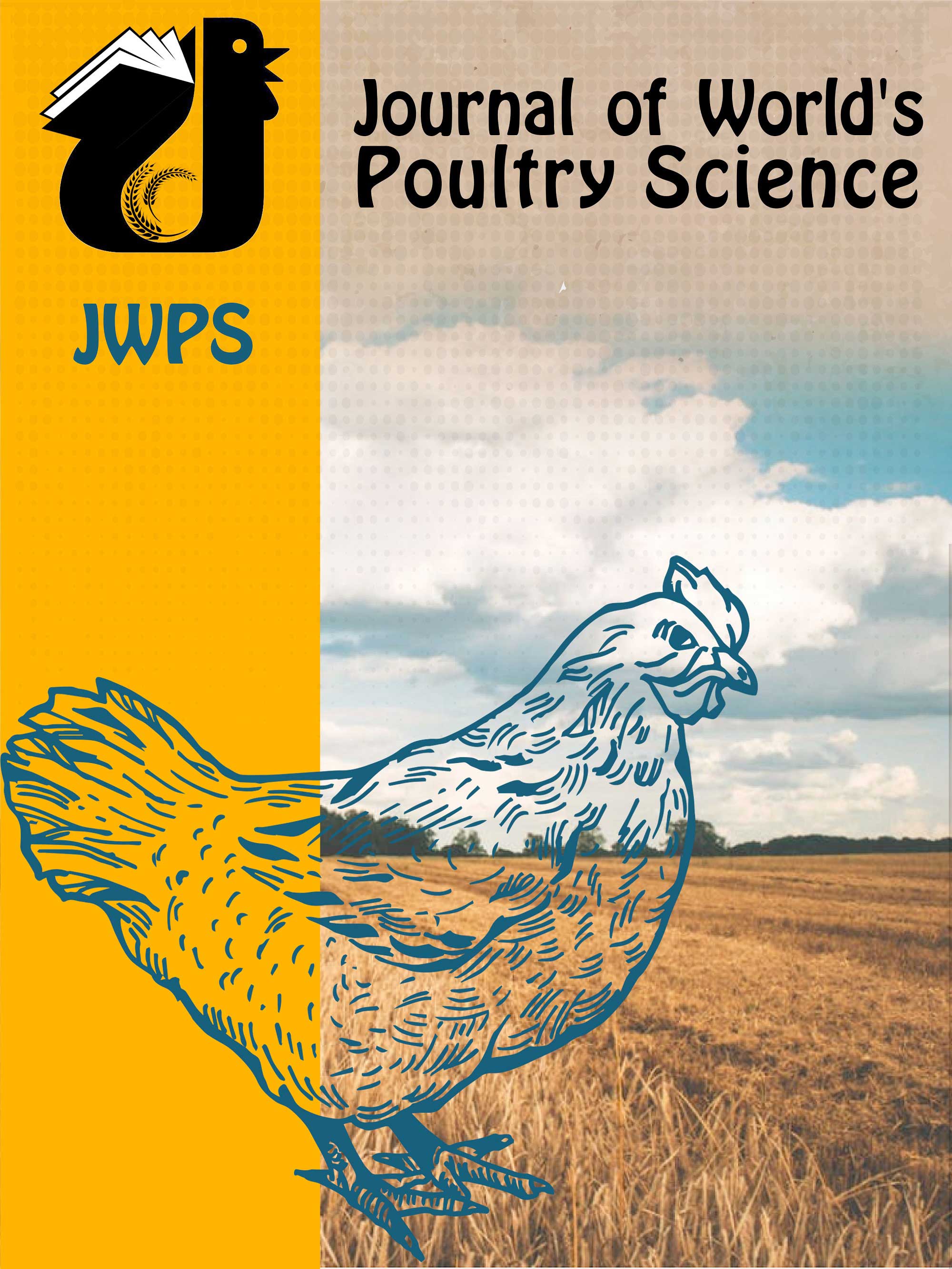Prevalence of Avian Gastric Yeast (Macrorhabdus ornithogaster) in Parrots and Parakeets: A Case Study
Main Article Content
Abstract
Introduction: The avian gastric yeast (Macrorhabdus ornithogaster) is a microorganism that infects aviary birds worldwide and can cause chronic wasting disease. Macrorhabdus ornithogaster, previously named Megabacter, infects a large group of companion birds, such as cockatiels, budgerigars, lovebirds, parrots, African gray parrots, and green-cheeked parakeets. The aim of the present case study was to evaluate the infection by Macrorhabdus ornithogaster in some companion birds and to show their prospects in the future.
Case report: The investigated species included 145 cockatiels, gray parrots, lovebirds, green cheeks, and budgerigars with symptoms, such as lethargy, weight loss, regurgitation, and gasping when they were referred to the Aria Veterinary Hospital, Mashhad, Iran, during 2021-2022. The samples were randomly evaluated for gastric yeast (Megabacter) using the gram-staining method of their feces. The results revealed that almost half of the symptomatic cases showed active or non-active yeast in their slides. A 14-day treatment of nystatin, apple vinegar, and metronidazole was applied for all cases, and then gram-staining slides were tested after three weeks, showing that the treatment was successful.
Conclusion: The results indicated that nystatin, apple vinegar, and metronidazole can be an effective treatment for gastric yeast in birds. The recurrence of infection was detected in several birds, suggesting food hygiene control.
Article Details

This work is licensed under a Creative Commons Attribution 4.0 International License.
References
Behnke EL and Fletcher OJ. Macrorhabdus ornithogaster (Megabacterium) infection in adult hobby chickens in North
America. Avian Dis. 2011; 55)2): 331-334. Available at: http://www.jstor.org/stable/41319342
Speer B, Phalen DN, Powers LV, Filippich LJ, and Antinoff N. Diagnosis and treatment options for megabacteria (macrorhabdus ornithogaster). J Avian Med Surg. 2004; 18(3): 189-195. Availabvle at: http://www.jstor.org/stable/27823381
Phalen DN. Update on the diagnosis and management of Macrorhabdus ornithogaster (formerly megabacteria) in avian patients. Vet Clin North Am Exot Anim Pract. 2014; 17(2): 203-210. DOI: https://doi.org/10.1016/J.CVEX.2014.01.005
Amer MM and Mekky HM. Avian gastric yeast (AGY) infection (macrorhabdiosis or megabacteriosis). Bulg J Vet Med. 2020;
(4): 397-410. Available at: http://tru.uni-sz.bg/bjvm/BJVM%20 December%202020%20p.397-410.pdf
Hannafusa Y, Bradley A, Tomaszewski EE, Libal MC, and Phalen DN. Growth and metabolic characterization of macrorhabdus ornithogaster. J Vet Diagn Invest. 19(3): 256-265. DOI: https://doi.org/10.1177/104063870701900305. 2007
Luján Vega C, Gonzales-Gustavson E, and Alfonso C. Detection of avian gastric yeast (Macrorhabdus ornithogaster) in exotic small psittacines and passerines of aviaries in Lima, Peru. Session presented at: LAVC - Annual Conference – Lima. 2016; Latin American Veterinary Conference. Available at: https://www.ivis.org/library/lavc/lavc-annual-conference-lima-2016/detection-of-avian-gastric-yeast-macrorhabdus-ornithogaster-exotic-small-psittacines-and-passerines
Phalen D. Diagnosis and management of Macrorhabdus ornithogaster (formerly megabacteria). Vet Clin North Am Exot Anim Pract. 2005; 8(2): 299-306. DOI: https://doi.org/10.1016/j.cvex.2004.12.002
Filippich LJ and Hendrikz JK. Prevalence of megabacteria in budgerigar colonies. Aust Vet J. 1998; 76(2): 92-95. DOI: https://doi.org/10.1111/j.1751-0813
Moore RP, Snowden KF, and Phalen DN. A method of preventing transmission of so-called megabacteria in Budgerigars (Melopsittacus Undulatus). J Avian Med Surg. 2001; 15(4): 283-287. Available at: http://www.jstor.org/stable/30134185





